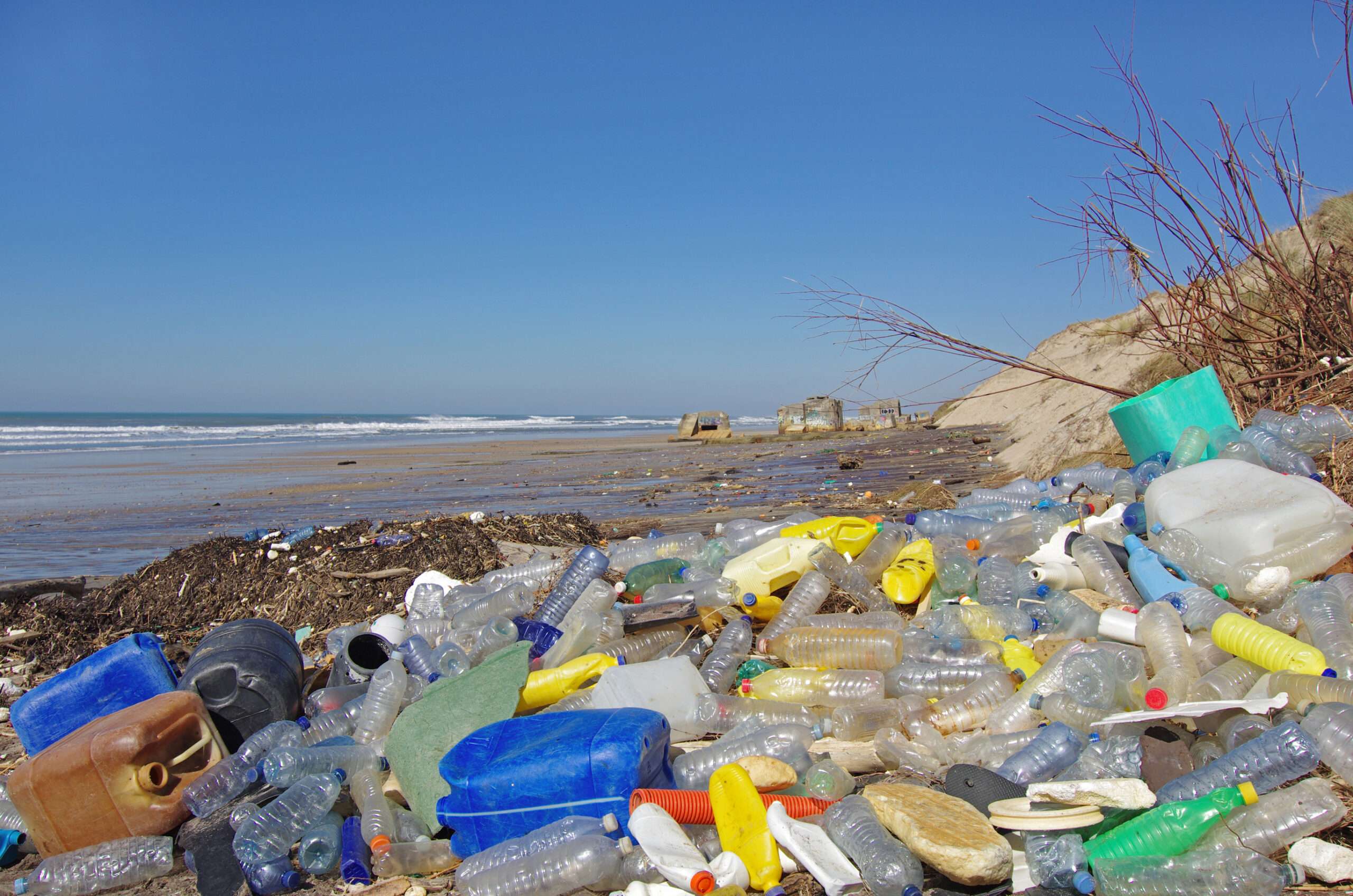Negotiations for a Global Plastics Treaty were expected to conclude on December 1, but the main obstacle was the demand from certain countries for a global cap on future plastic production.
Plastics are widely used due to their versatility and affordability, with projections suggesting a significant increase in global plastic consumption by 2060. However, their durability means that plastic waste can persist in the environment for generations, leading to significant pollution issues.
The mismanagement of plastic waste is a major problem, with a large percentage ending up in landfills or polluting natural habitats. Developing countries, in particular, struggle with high rates of mismanaged plastic waste, contributing significantly to ocean pollution.
Efforts to address plastic pollution have been hindered by differing viewpoints on whether the focus should be on waste management or reducing future plastic production. The High Ambition Coalition advocated for reducing production and consumption levels of primary plastic polymers, while oil- and gas-producing nations opposed imposing caps on plastic production.

The issue of plastic waste mismanagement is particularly acute in developing countries, with high rates of mismanaged waste in regions like China, India, Latin America, and Sub-Saharan Africa contributing significantly to ocean pollution.
While there are preliminary health concerns about exposure to micro and nano plastics resulting from plastic breakdown, current evidence suggests that levels found in foods do not pose a significant risk to human health.
Efforts to address plastic pollution through privatization or regulation have had varying degrees of success, with some countries effectively managing their waste while others struggle with high levels of mismanagement.
Despite challenges, there are promising advancements in developing bio-based plastics that are infinitely recyclable, offering potential solutions to the plastic waste problem.
Negotiations for a Global Plastics Treaty will continue in the future, with the hope of finding a consensus on how best to address the growing issue of plastic pollution.






